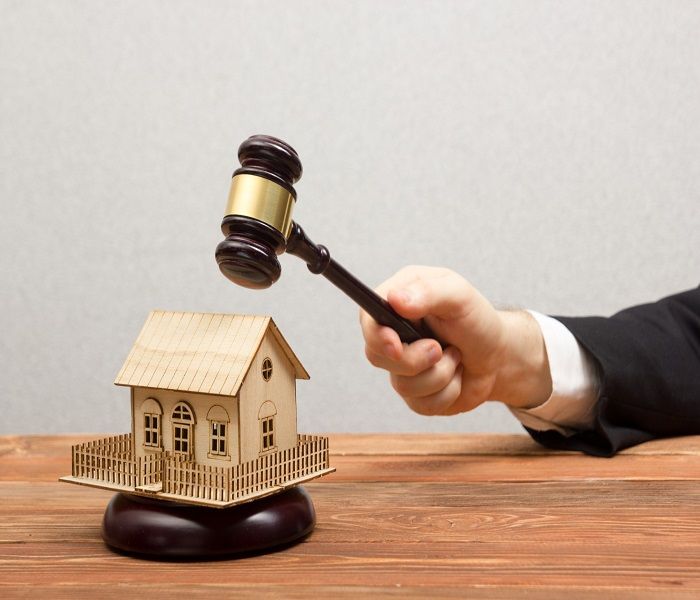Welcome to our blog where we delve into the complex world of construction and real estate law in Dubai. With the ever-expanding and awe-inspiring skyline of the city of dreams, understanding the legal dimensions of these industries is of paramount importance for investors, developers, and professionals alike. In this blog, we will explore the key concepts in the field of construction and real estate law in Dubai.
1. Regulatory Framework
The construction and real estate sectors in Dubai operate within a comprehensive regulatory framework. This framework includes laws, regulations, and guidelines covering various aspects, including property ownership, development permits, zoning regulations, and more. Understanding this framework is essential to ensure compliance and avoid legal risks.
2. Real Estate Transactions and Contracts
Real estate transactions in Dubai involve a series of legal steps, from due diligence to contract drafting and execution. Whether you are buying, selling, leasing, or renting property, having legally sound contracts that define rights, obligations, and dispute resolution mechanisms is crucial for a smooth and transparent transaction.
3. Construction Agreements
Dubai's construction projects rely on various agreements, including design contracts, construction contracts, and project management agreements. These documents define terms, scope, schedules, and responsibilities for all parties involved. Ensuring well-drafted agreements that align with local laws is necessary to mitigate risks.
4. Dispute Resolution
Disputes can arise at any stage of construction or real estate projects. Dubai offers various avenues for dispute resolution, including negotiation, mediation, arbitration, and litigation. Understanding these options and seeking assistance from legal consultants specializing in construction and real estate disputes can lead to quick and fair resolutions.
5. Foreign Investment Laws
Dubai's real estate market welcomes foreign investors, but it's important to be familiar with the laws governing foreign ownership and investment. Navigating the restrictions, legal ownership structures, and tax considerations ensures a compliant and successful investment journey.
6. Environmental Regulations and Sustainability
Dubai places a strong emphasis on sustainable development and environmental considerations. Familiarity with green building regulations, energy efficiency standards, and sustainable practices is not only a legal requirement but also a means to contribute to the city's constantly evolving urban landscape.
Additionally, rental increases that a property owner can anticipate are as follows: - A 5% increase of the rent value can be applied if the rent is 11-20% less than the average annual rent for the area. - A 10% increase of the rent value can be applied if the rent is 21-30% less than the average annual rent for the area. - A 15% increase of the rent value can be applied if the rent is 31-40% less than the average annual rent for the area. - A 20% increase of the rent value can be applied if the rent is less than 41% of the average annual rent for the area. If the tenant is paying rent within the range mentioned above, there will be no rent increase.
Navigating the legal landscape of construction and real estate in Dubai requires a blend of industry knowledge and legal expertise. Whether you're a developer, investor, or professional, access to legal consultants specializing in construction and real estate law, such as Raafat Sherif El-Din, can provide the necessary guidance to successfully navigate the complexities of these industries. Remember that in Dubai's ever-evolving urban landscape, legal understanding is your foundation for a prosperous future.


